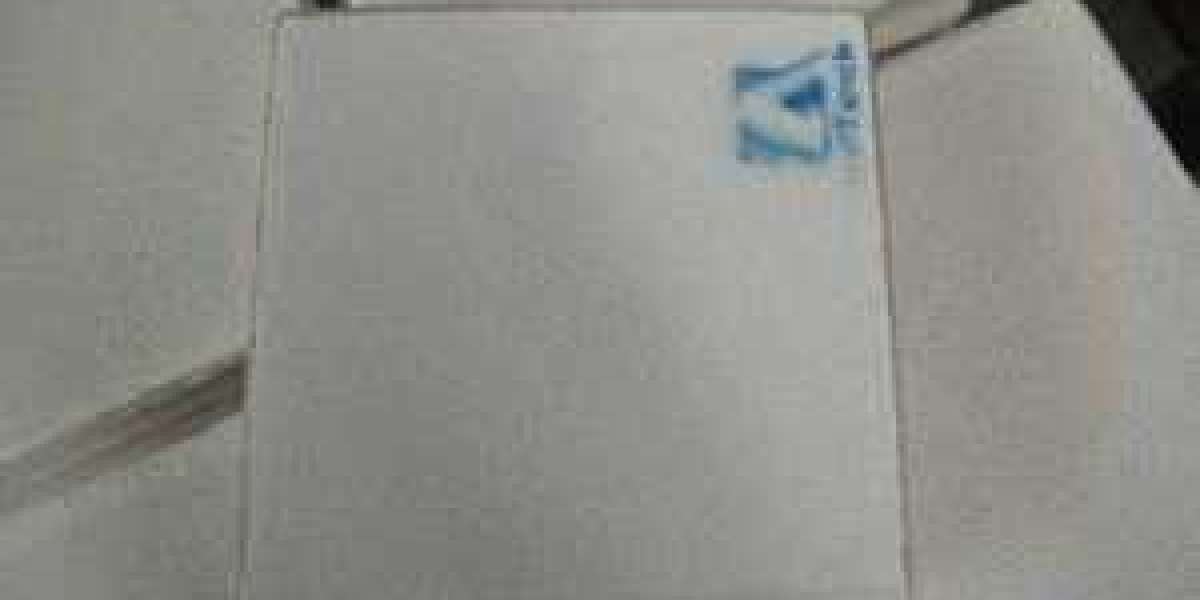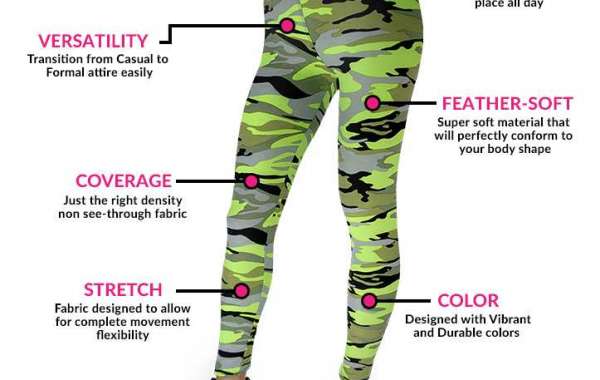Casthouse aluminum ceramic foundry filter out is an economical technique of casting off aluminum inclusions in aluminum melting and casting plant life.
due to the unique conditions of use, the real impact typically will increase with the lower of dimensions of the filter plate hole and the float price of the molten aluminum.
The steel Foam filter out has been in particular treated and isn’t always without difficulty damaged. The ceramic filter out has high electricity, exceptional aluminum water erosion performance and suitable thermal performance. it’s far an excellent choice for the production of numerous castings.
the manufacturing process of steel Foam filter is typically to squeeze out excess and dry polyurethane sponge in ceramic slurry, and eventually fireplace and knot at high temperature to shape a 3-dimensional porous ceramic material with associated original bubble shape.
thinking about the filtration efficiency and electricity, the prepared ceramic foam filter is no longer a three-dimensional network shape. as an alternative, they’re interconnected, twisted, and inconsistently thick pipes. This uneven wall floor performs a key role inside the capture of small inclusions in the aluminum melt, that’s the deep filtration. that is the fundamental distinction between the screen mesh and the ceramic foam filter for solid plates. This 3-dimensional community shape increases the float course of the aluminum liquid, makes the aluminum liquid touch the filter out plate, and will increase the adsorption ability of the inclusion debris.
in the preliminary stage, surface screening intercepts massive debris, at the same time as small debris are eliminated by a deep filtration mechanism. With the formation of floor deposits, the deposits can retain huge and small particles. Small inclusion particles can be captured through a deep filtration mechanism. at this time, the filtering effect of the ceramic foam filter will be higher.
while the particle adsorption is saturated, this is, the wide variety of particles adsorbed from the melt is equal to that once the debris are over excited by the melt float, the slag elimination capacity is reduced.
Casthouse metallic Foam filter out
filter mechanism of Casthouse metallic Foam filter out
the main cause of the
for casting is to eliminate the inclusions inside the aluminum soften. Inclusions within the melt usually exist in three forms: metal oxides, pulverization of refractory substances, and other overseas particles, this is, particles added at some stage in the smelting technique.
There are three methods to dispose of suspended particles inside the melt:
Sedimentation-the buildup of debris at the bottom of the soften.
Floating-mixed floats accumulate on the floor of the melt.
Filtration-the separation of debris from the melt through porous media.
natural sedimentation commonly happens when the debris are dense and coarse, and particles smaller than 90um are not very effective for static sedimentation.
select a molten aluminum ceramic foam clear out
in addition to the geometric length, strength, chemical stability and thermal balance of ceramic foam filters out for casting, its filtering impact depends to a huge volume on its internal shape.
At present, PPI (poreper inch) represents the pore length of the foundry filter plates. The 40 PPI ceramic foam filter can cast off 5 micron inclusions. whether the debris may be removed depends on the probability of collision, and also on the capacity of the filter to adsorb particles.
whilst choosing the pore length of the filter out plate, priority should receive to product first-rate necessities. For civil profiles, including solid rods and cast plates, please select 10-40ppi filter plates in step with product class and soften cleanliness. high-grade aluminum foil, tin can plates and space materials require 30-eighty PPI clear out plates. The real choice of the filter out plate depends on the person’s practice and enjoy, blended with its use conditions. finally, whether the cleanliness of the product meets the high-quality requirements is used as a degree.
















